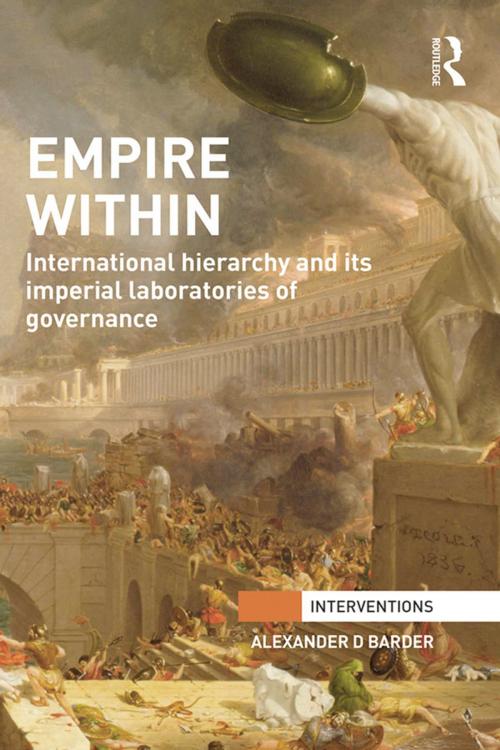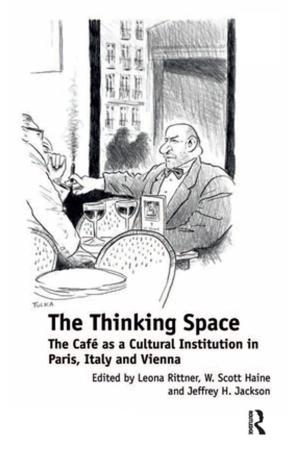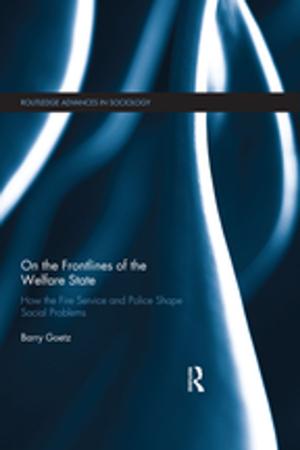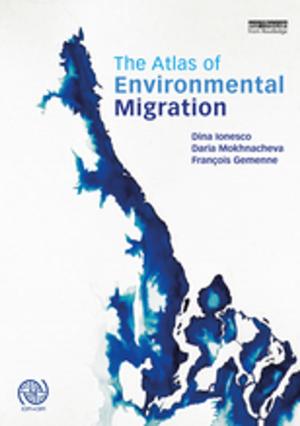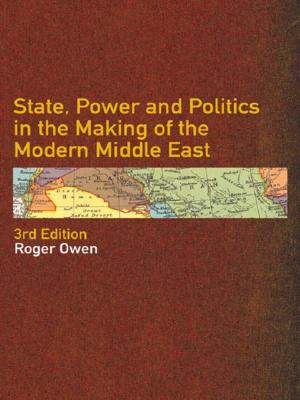Empire Within
International Hierarchy and its Imperial Laboratories of Governance
Nonfiction, Social & Cultural Studies, Political Science, International, International Relations, Politics, History & Theory| Author: | Alexander D Barder | ISBN: | 9781317590071 |
| Publisher: | Taylor and Francis | Publication: | March 24, 2015 |
| Imprint: | Routledge | Language: | English |
| Author: | Alexander D Barder |
| ISBN: | 9781317590071 |
| Publisher: | Taylor and Francis |
| Publication: | March 24, 2015 |
| Imprint: | Routledge |
| Language: | English |
This book explores the reverberating impacts between historical and contemporary imperial laboratories and their metropoles through three case studies concerning violence, surveillance and political economy.
The invasions of Afghanistan in 2001 and Iraq in 2003 forced the United States to experiment and innovate in considerable ways. Faced with growing insurgencies that called into question its entire mission, the occupation authorities engaged in a series of tactical and technological innovations that changed the way it combated insurgents and managed local populations. The book presents new material to develop the argument that imperial and colonial contexts function as a laboratory in which techniques of violence, population control and economic principles are developed which are subsequently introduced into the domestic society of the imperial state. The text challenges the widely taken for granted notion that the diffusion of norms and techniques is a one-way street from the imperial metropole to the dependent or weak periphery.
This work will be of great interest to scholars of international relations, critical security studies and international relations theory.
This book explores the reverberating impacts between historical and contemporary imperial laboratories and their metropoles through three case studies concerning violence, surveillance and political economy.
The invasions of Afghanistan in 2001 and Iraq in 2003 forced the United States to experiment and innovate in considerable ways. Faced with growing insurgencies that called into question its entire mission, the occupation authorities engaged in a series of tactical and technological innovations that changed the way it combated insurgents and managed local populations. The book presents new material to develop the argument that imperial and colonial contexts function as a laboratory in which techniques of violence, population control and economic principles are developed which are subsequently introduced into the domestic society of the imperial state. The text challenges the widely taken for granted notion that the diffusion of norms and techniques is a one-way street from the imperial metropole to the dependent or weak periphery.
This work will be of great interest to scholars of international relations, critical security studies and international relations theory.
